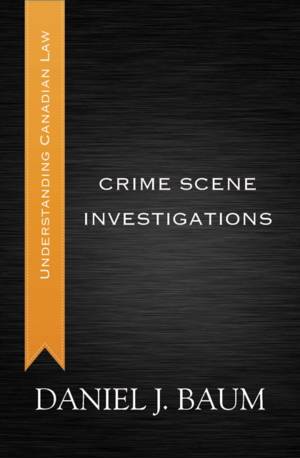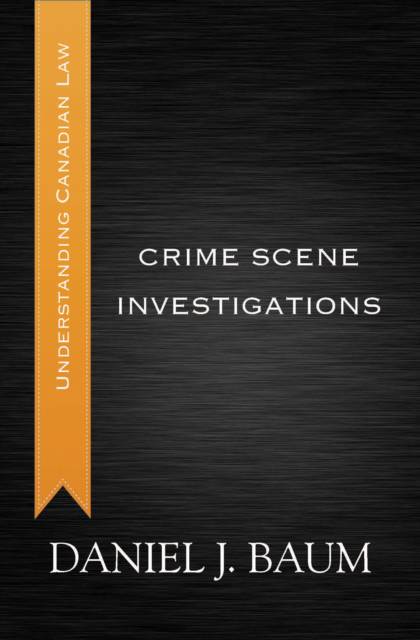
- Afhalen na 1 uur in een winkel met voorraad
- Gratis thuislevering in België vanaf € 30
- Ruim aanbod met 7 miljoen producten
- Afhalen na 1 uur in een winkel met voorraad
- Gratis thuislevering in België vanaf € 30
- Ruim aanbod met 7 miljoen producten
Zoeken
€ 20,95
+ 41 punten
Omschrijving
When police are called in to investigate a crime, what powers and limitations apply to them? What are their rights to question strangers, search without warrants, or detain individuals who might become suspects? Crime Scene Investigations breaks down the Supreme Court's decisions on questions like these into clear and practical terms.
Police need to be vigilant, since the line between a lawful search and an improper one can be dangerously thin, and officers can be held accountable for any wrongdoing, intentional or not. The controversy surrounding such techniques as "stop-and-frisk" sweeps and compulsory DNA testing underscores the importance of understanding the legal dimensions of police powers. Because interactions between law enforcement officers and civilians are often charged with complexities, Crime Scene Investigations provides a level-headed guide, indispensable for those on either side of an investigation.
Police need to be vigilant, since the line between a lawful search and an improper one can be dangerously thin, and officers can be held accountable for any wrongdoing, intentional or not. The controversy surrounding such techniques as "stop-and-frisk" sweeps and compulsory DNA testing underscores the importance of understanding the legal dimensions of police powers. Because interactions between law enforcement officers and civilians are often charged with complexities, Crime Scene Investigations provides a level-headed guide, indispensable for those on either side of an investigation.
Specificaties
Betrokkenen
- Auteur(s):
- Uitgeverij:
Inhoud
- Aantal bladzijden:
- 304
- Taal:
- Engels
- Reeks:
- Reeksnummer:
- nr. 3
Eigenschappen
- Productcode (EAN):
- 9781459728134
- Verschijningsdatum:
- 24/02/2015
- Uitvoering:
- Paperback
- Formaat:
- Trade paperback (VS)
- Afmetingen:
- 132 mm x 221 mm
- Gewicht:
- 408 g

Alleen bij Standaard Boekhandel
+ 41 punten op je klantenkaart van Standaard Boekhandel
Beoordelingen
We publiceren alleen reviews die voldoen aan de voorwaarden voor reviews. Bekijk onze voorwaarden voor reviews.











